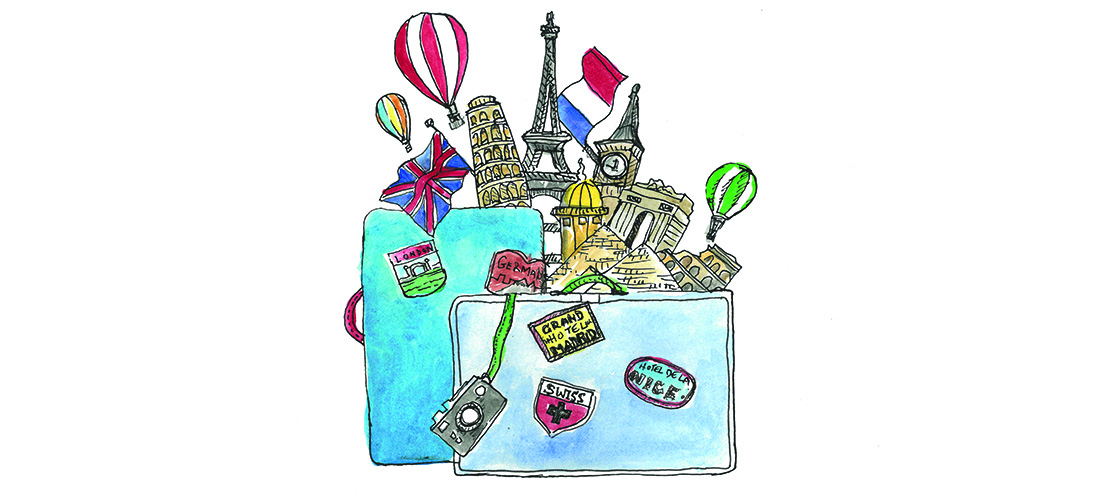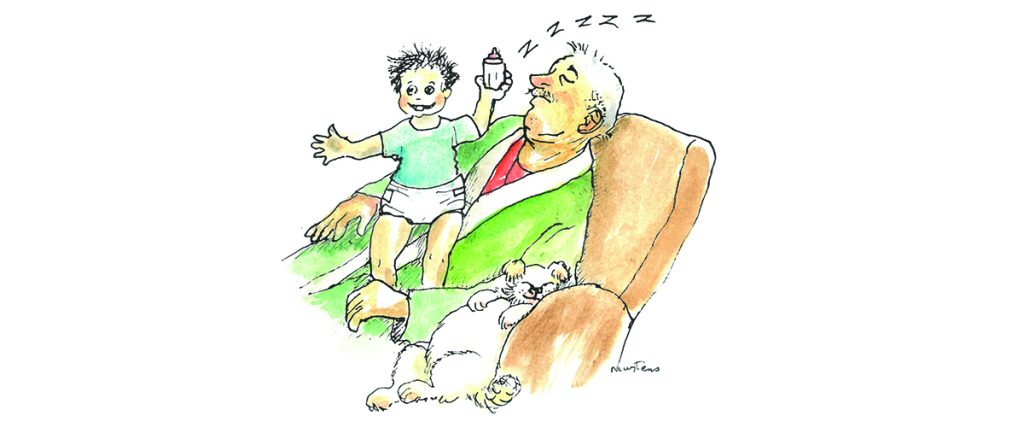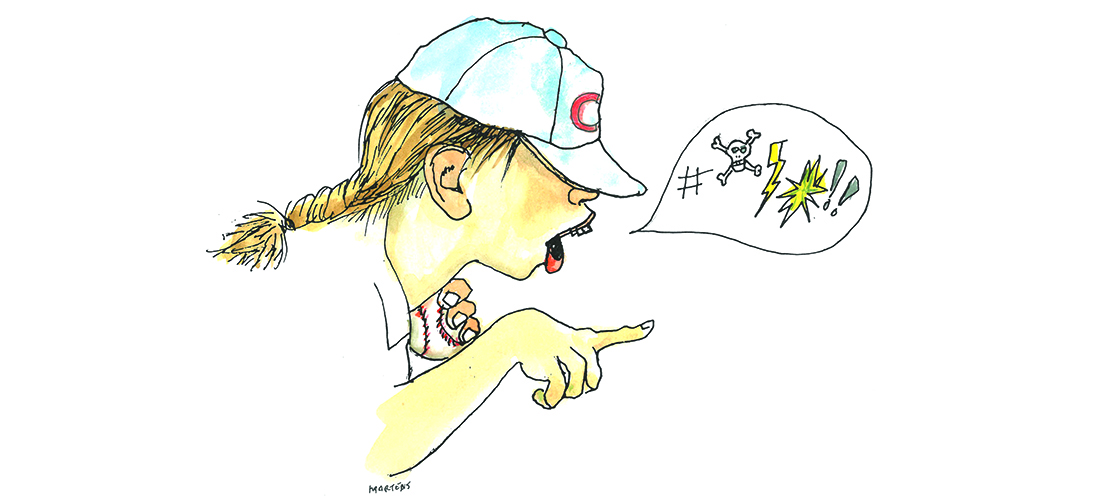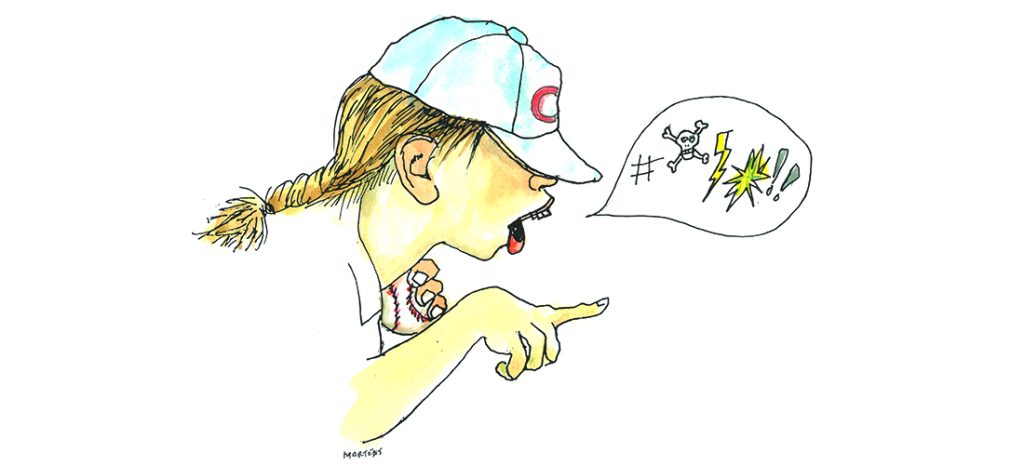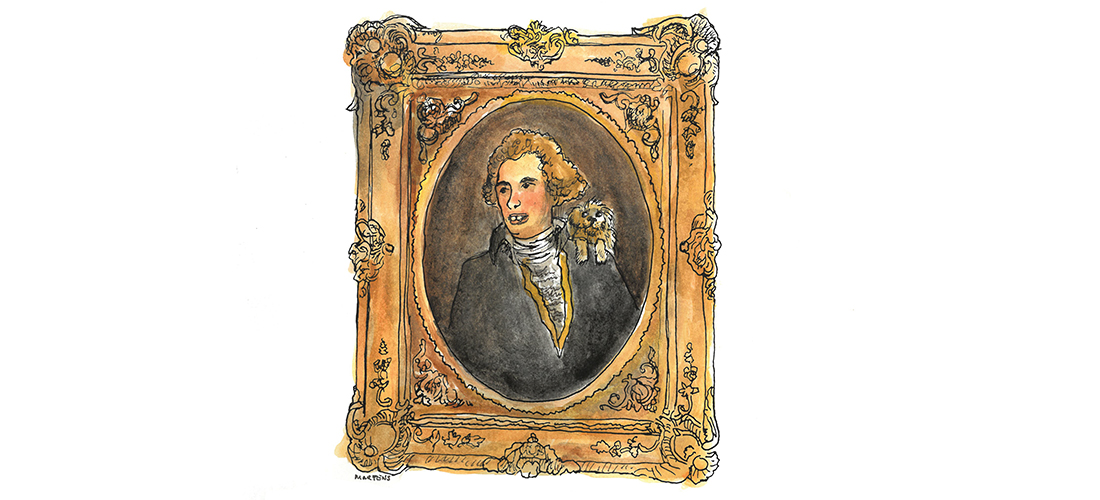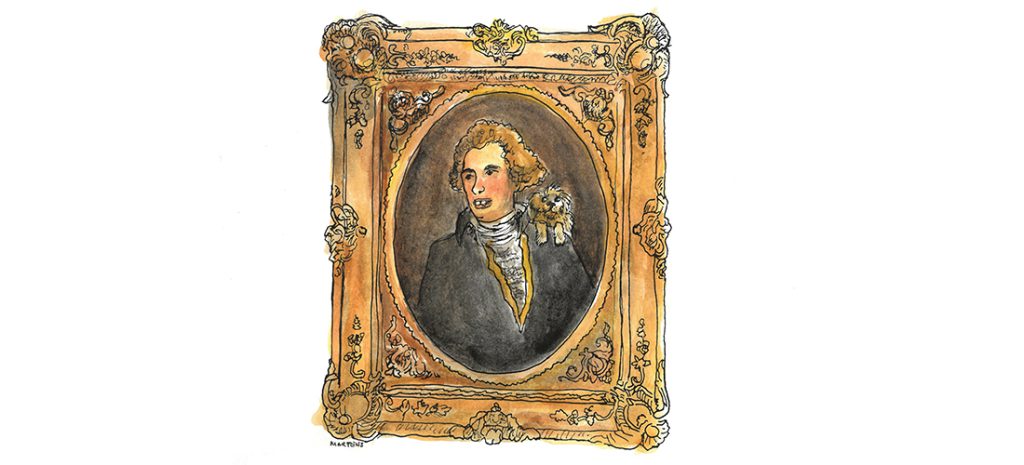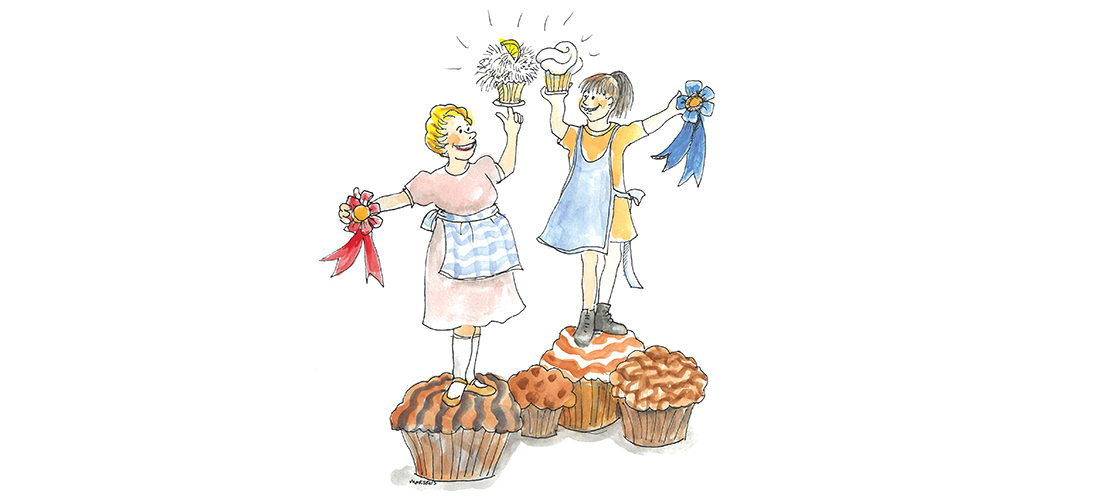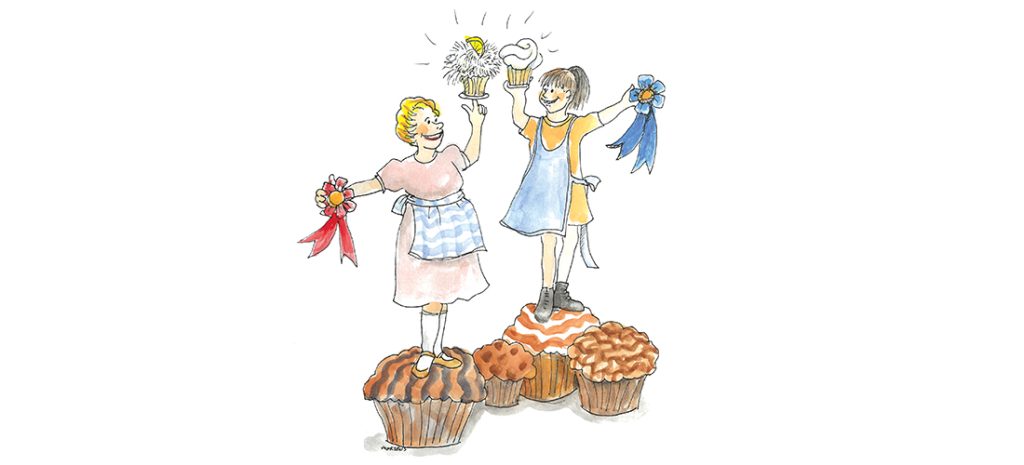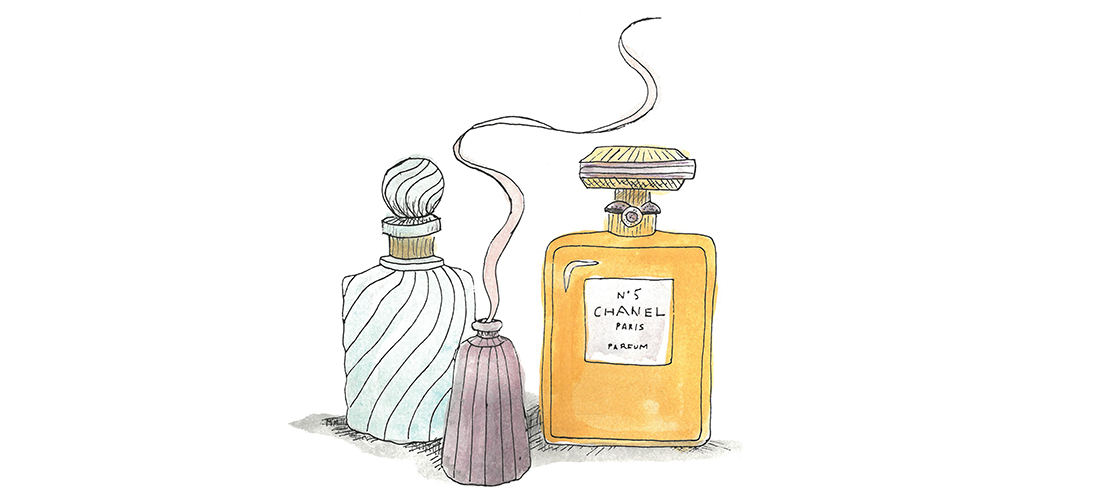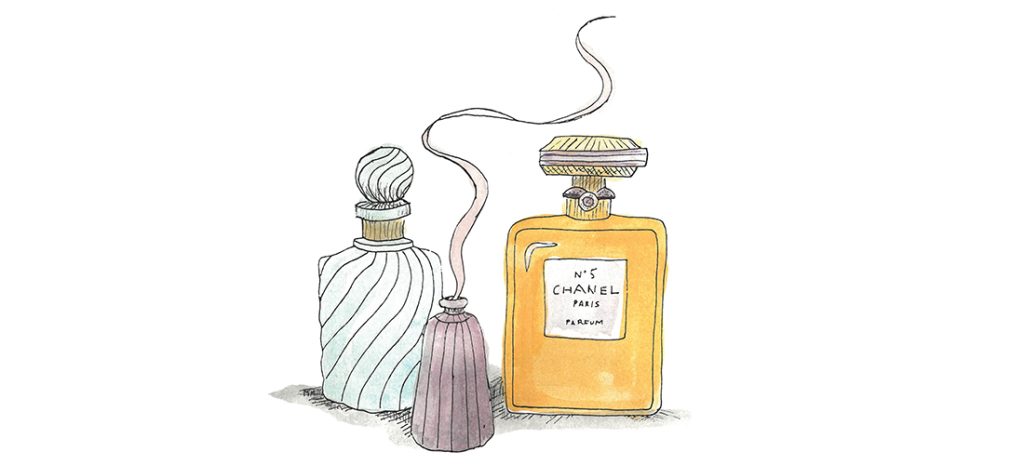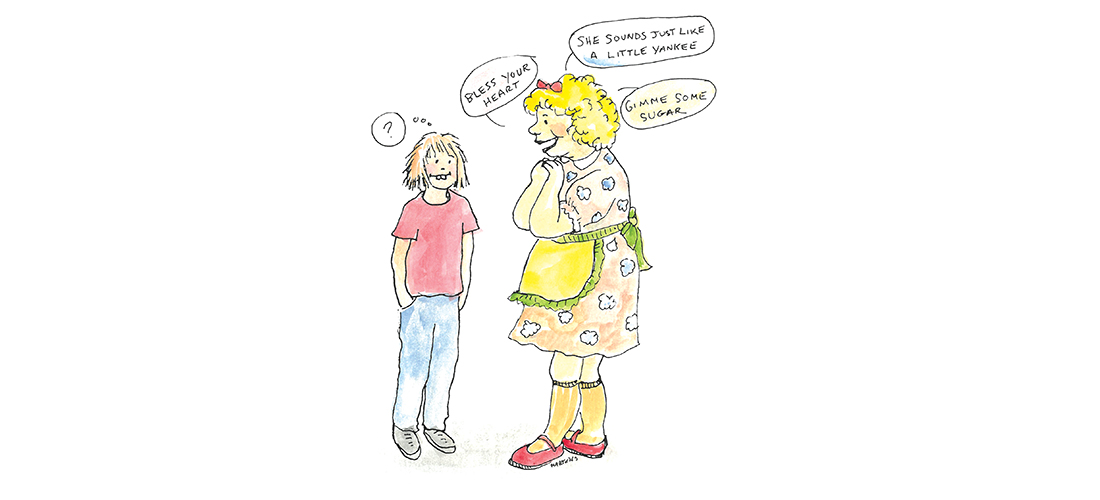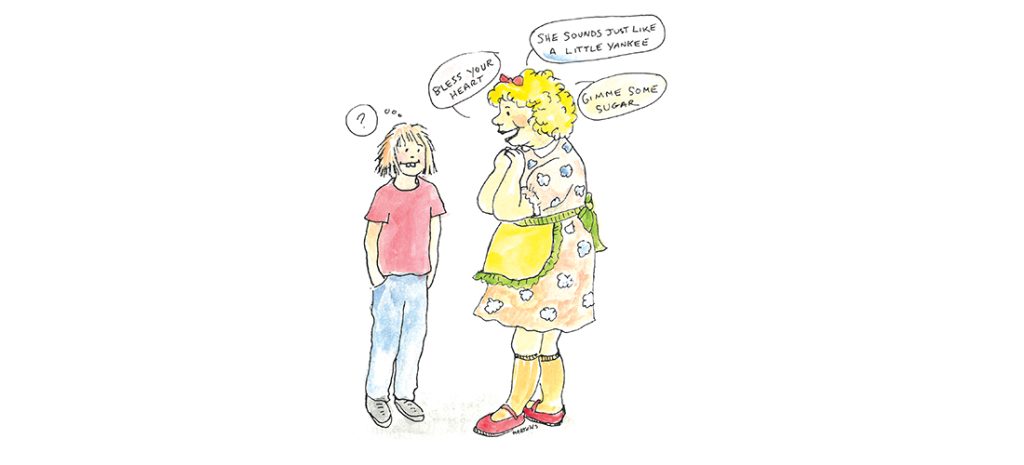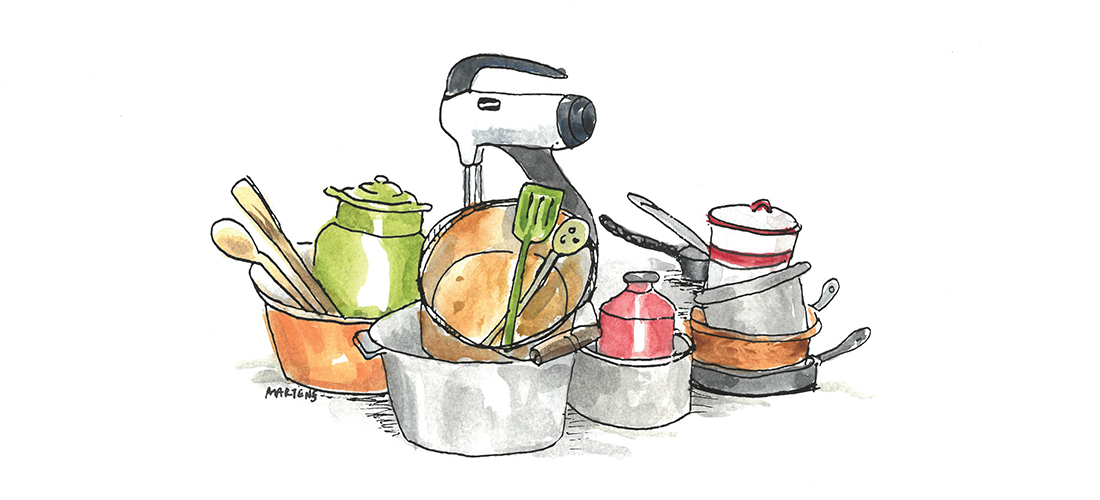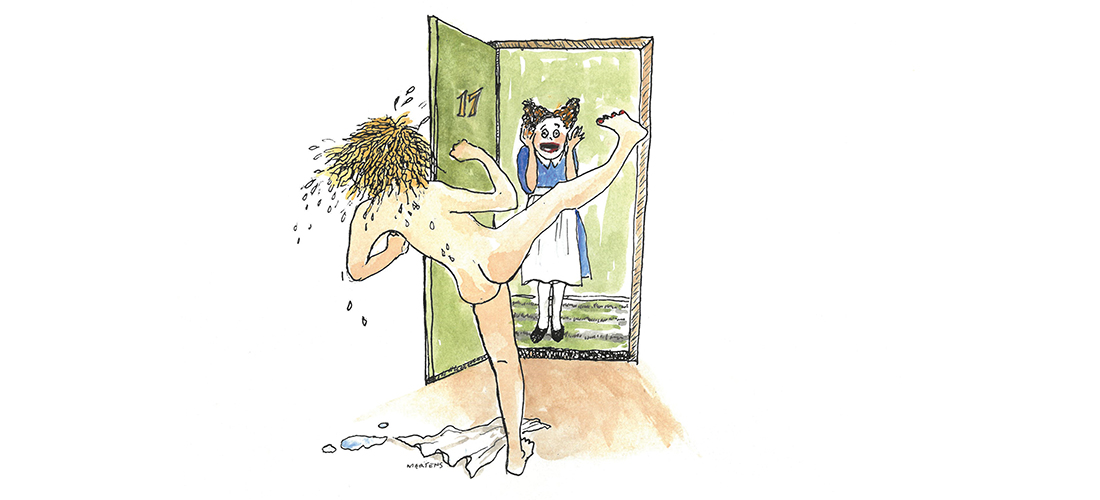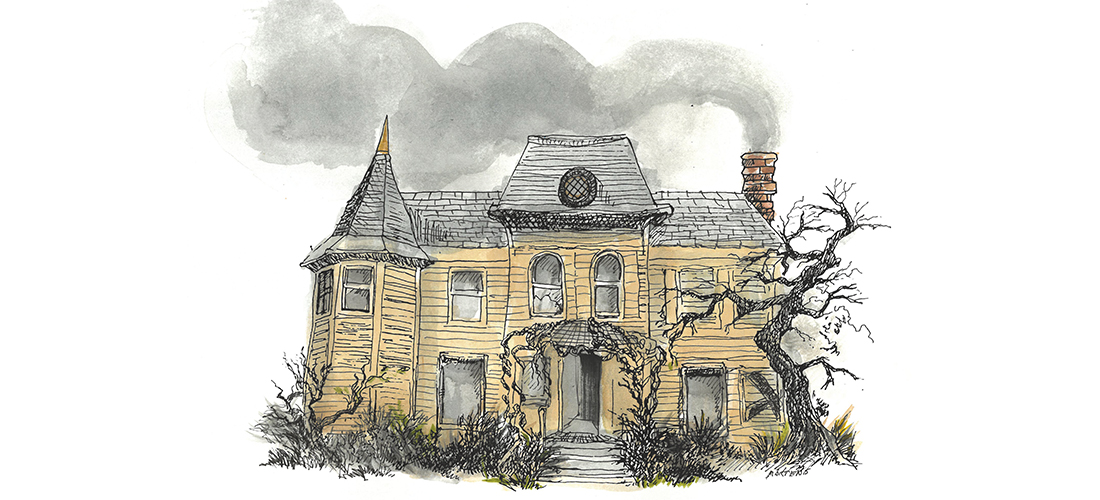Southwords
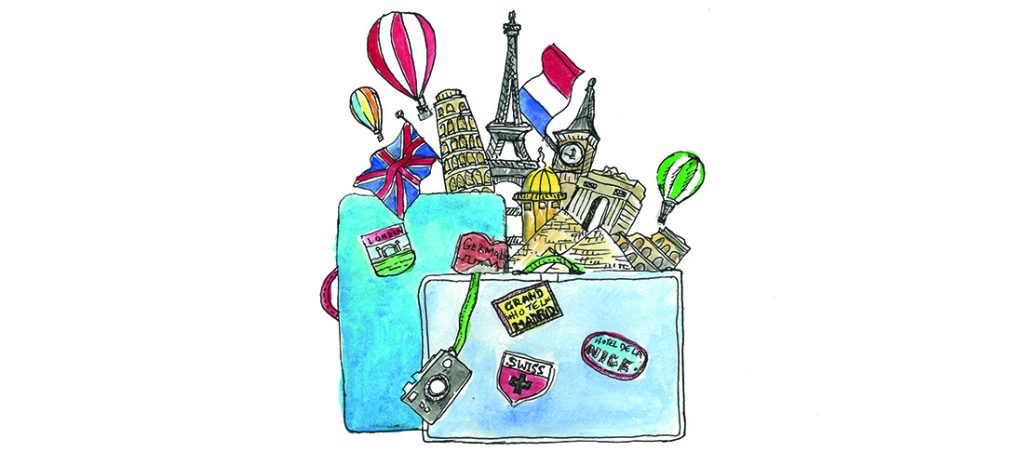
Just Roll With It
By Emilee Phillips
I may have grown up in a small town, but stories of faraway places were as close as a Fourth of July picnic with my well-traveled family members and their extensive passport stamp collections. What a lovely thing it would be to be worldly, I often thought. Someone who knows a thing or two about a thing or two. Imagine the conversations I could have, sitting on the beach with friends and a cooler of White Claws. “Cannes? Oh, dear, it’s simply too crowded this time of year.”
As luck would have it, I have friends who live in Germany. A situation ripe for exploring. This would be my gateway to European sophistication. My plan was simple — an eight-day nonstop odyssey. Joined by my friend Olivia, we would cross more borders than the Mongol hordes. The EU was there for the taking.
I hit foreign soil running. First side trip: France. Oui, these Americans were going to grab some French culture by its breadsticks. Strasbourg was just a high-speed train hop away — if we hadn’t missed the connection. Let’s call it part of the learning curve. Luckily, there were plenty of (much slower) trains to get us there and, in a couple of hours, we were strolling the streets of this storybook city.
Strasbourg, we discovered, is a lovely, confusing border town. Its traditionally German-looking buildings have some very French-sounding names, and the food seemed an odd blend, as if two households were forced to work in one kitchen with neither willing to give up on their own way of doing things. The language situation was no less confusing, so we opted to bounce between French and German, giving ourselves a 50-50 chance of being right. We listened to street performers, window-shopped and, because one can’t go to France without indulging oneself, did a wine tasting at a shop flush with wines from the Alsace region. We relied on a kindly French woman to translate for us and somehow walked out with six bottles that we had to lug around the rest of the day. Worldliness, it turns out, is a process.
So is planning, which we admittedly didn’t do very well. (See high-speed train, above.) In my head, getting back to home base in Germany would be no issue. We were doing things the European way, laissez-faire. Traveling the rails in Europe is as easy as driving a golf cart in Pinehurst . . . right?
Mais, non.
High-speed train? Whoosh. Already gone. Next up, a regional train, which is something of a different beast. Despite trying to purchase tickets hours before departure, the one we wanted was fully booked. No restrooms, no cushioned seats, no bar car for us.
We stood at the ticket machine weighing our options long enough to make us look illiterate. “Désolé,” I said to the clearly annoyed man waiting in line behind us, hoping I chose the right language to apologize in. Our next option was the two-and-a-half-hour journey that included multiple stops and changes.
All Dorothy had to do to get out of Oz was click her heels together three times. We, on the other hand, had multiple delays and two trains announcing, in a language I barely understood, that we needed to switch lines. The last change involved sprinting, along with our fellow travelers, down one set of stairs and up another while hauling our six increasingly heavy bottles of wine. The train we jumped on was full but we squeezed in anyway, because who knew when the next one would be or if there would even be a next one. The learning curve was getting steeper.
Crammed in, I could feel the breath of the person behind me down my neck. By then, it was now close to 1 a.m. We were one stop away from our parked car, and the train came to a halt in the middle of a tunnel. This was it. My final straw. I was completely exhausted and would have laid right down on the floor if I had been able to move an inch.
I let out a pitiful sigh and looked to my left. While the rest of us were packed together like a box of crayons, holding onto whatever piece of train could double as a handrail, two women were sitting in the window seats, unbothered. One was dressed in head-to-toe black and the other in all white — including a white, fur-trimmed coat.
The epitome of chic, they were sipping Champagne brut. Out of real glasses. Where they got the drinks I couldn’t tell you. I do know I was getting a good dose of culture that day. I tried my best not to stare during the 30 minutes we were stuck on the tracks but I was in awe, jealous, and frankly, in desperate need of a drink.
When the train finally began moving, the herd of smooshed commuters began to cheer. All I heard, though, was the polite clink of glasses as the two women toasted. No language barrier got in the way this time. They seemed to say “C’est la vie,” an attitude I plan to carry with me more often. PS
Emilee Phillips is PineStraw’s director of social media and digital content.

